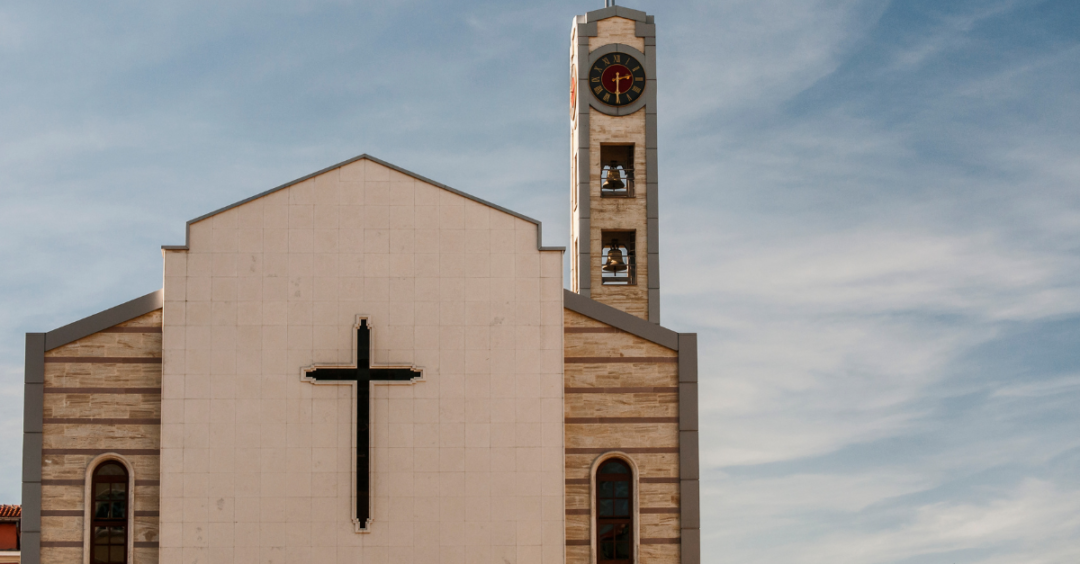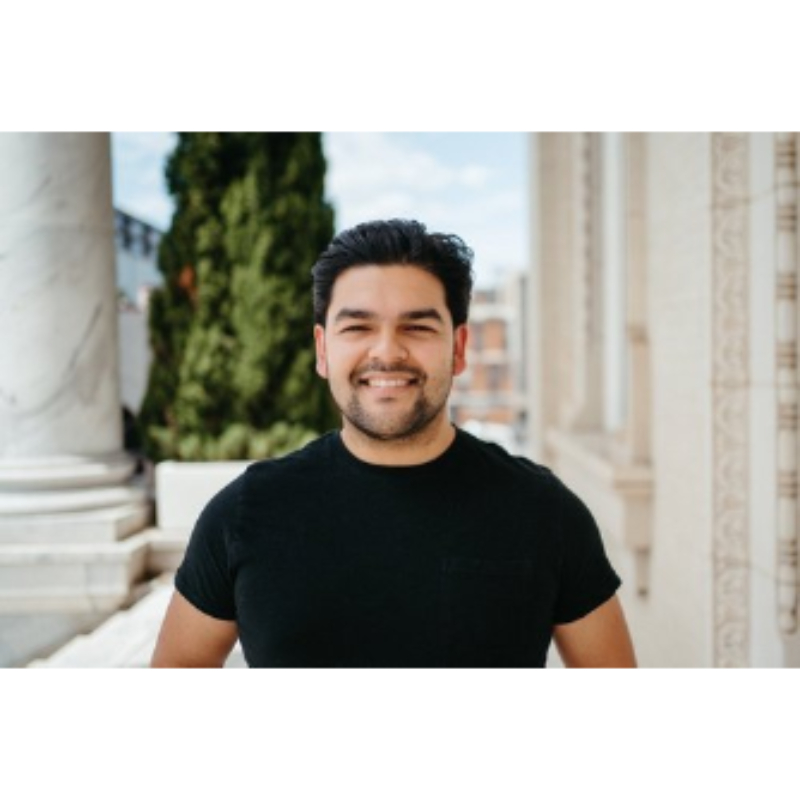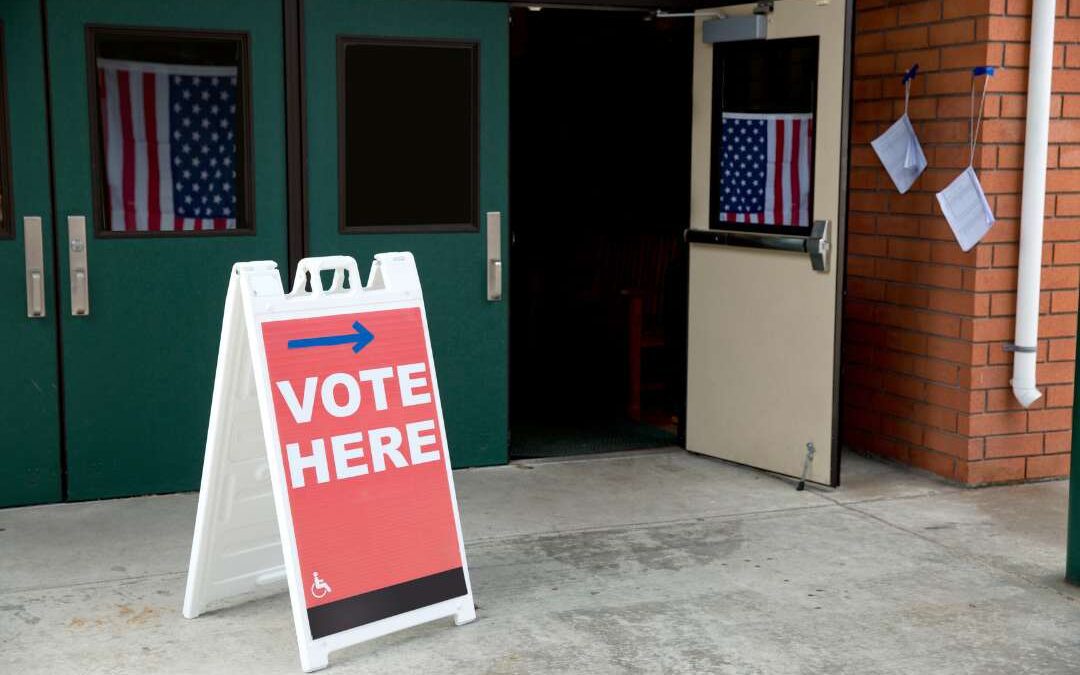Before you read this title and assume I am here to nitpick everything wrong with white evangelicalism, consider this. I came to know Jesus at a primarily white church that loved Jesus and loved their neighbor as best they knew. I’ve had countless white evangelicals love me, support me, pray for me, and give me some of the best opportunities to lead the last decade of my walk with Jesus. In the last decade I have been in predominantly white churches and in immigrant churches, and now I am a member of a multiethnic church in Birmingham, Alabama. Now more than ever I want to help maintain the unity of the Spirit that Christ bought for the church (Ephesians 4:1–6). That effort requires wisdom from both ethnicities.
As I look back on this journey, I wish a mature Latino Christian who worked in primarily white churches had sat me down and told me a couple of things. What do I wish they would’ve told me?
1. Don’t diminish the tradition you came from.
There came a point in my Christian walk where I thought Latinos had theology and church practice all wrong. After all, all the rich theology I was learning came from white thinkers. In turn, I felt that I had to “MacArthur-ize” our preaching, “Getty-ize” our music, and “Calvin-ize” our liturgy. Rather than using some of the rich tradition that was already in the Latino church which highlighted the same attributes of God that Packer expounds in Knowing God, I felt that I needed to discard it altogether. This was wrong. The coritos, call and responses, and prayers emphasized the sovereignty of God, the authority of Scripture, and immanence and transcendence of God, but with different language embedded in different cultural expressions.
No hay Dios tan grande como tu, [There is no God as great as you,]
No lo hay, no lo hay. [There is not, there is not.]
When the Latino church sings this, it too is singing a “big-God” theology. When the Latino church responds to “Y a su nombre?” with “Gloria!” it too is proclaiming God’s glory as the center of all theology. When Latino pastors give thanks to God for all the jobs God has provided for his congregation, he too is proclaiming a proper doctrine of vocation and God’s ordered power. Don’t throw out the traditions of the Latino church just because they don’t sound like the books you’ve been reading from white pastors and theologians. Draw out the deep theology that’s in the Latino church tradition. They’re more than just customs.
2. Don’t ignore subtle racism and tokenization.
I use the term “subtle” because much of the racism I experienced came through as jokes, short comments, or assumptions that I was supposed to go along with. There came a point in primarily white churches where I naively assumed the best about comments made to me about being brown. I ignored the feelings they produced inside me because I admired the people who’d say them. If you’re reading this and you’re a Latino in a primarily white space, do not ignore the comments or jokes that produce feelings of anger or confusion inside you. Why do they produce those feelings? Subtle racism is still racism.
Second, don’t ignore tokenization. Tokenization is often seen when people of color are given certain privileges that only serve the image of an organization or church. “We have a Latino music leader.” “We have a Latino youth pastor.” “We have Latino volunteers!” A question to ask is: would we ever pay a Latino to be the main preaching pastor? Or staff pastor? Or on staff in general? Tokenization happens when Latinos are used in the church merely for their gifts, language, or representation, but they are not viewed as co-laborers or treated as such. If I can volunteer at a church that has members that would vote “no” to a qualified Latino staff pastor or staff member, how am I supposed to believe that I am not just being used as a token? A haunting thought of mine is, “How many churches have members that would vote no to me being their pastor because I am Latino?”
3. Don’t assimilate in order to be accepted or given a position.
Assimilation happens when a majority group actively or inadvertently makes a minority group be like them in order to be considered a co-equal. Jesus laid down his life for people from every tribe, tongue, nation, and people (Revelation 7:9). Christ’s redemptive sacrifice does not do away with our ethnicity. He redeems it. Our ethnic and cultural roots are a gift from God and not a disturbance. In our own skin, we are welcomed as the beloved sons and daughters of Christ no matter our position, current season, or any subtle oppression we may be facing.
Anyone who’s hinted to become something you’re not (culturally) in order for you to be accepted or given a position has not understood the unity in diversity of Christ’s church. While God has called his church to be unified he has not called it to be uniform. Christ has already purchased a multi-ethnic church, thus, the church must pursue this already-bought-unity in diversity, in the not-yet-uniformity as best it can in its context. If you feel the pressure to assimilate in order to be accepted or given a position, know that the pressure is not just. God created you in his image as a minority. God desires for your different perspective to add diversity amidst unity.
As second generation immigrants (1), we have a unique calling to help white brothers and sisters better understand our culture. We have a unique calling in understanding other immigrants. We have a unique calling to help other second gen immigrants to not detach from their ethnic identity as they follow Jesus. While it may be the calling of some to work in primarily white churches and face the difficulties stated above, don’t forget there are multi-ethnic churches that avoid colorblind-ness and color obsession. There are immigrant churches that need English-speaking college leaders, youth leaders, and children’s volunteers. You can bridge different ethnic gaps in the church as a second generation immigrant from a church that sees you as a co-laborer. I pray second generation immigrants will see how strategic their position is in the church while not settling to be at a church that sees them as less than a co-laborer.
I’ll never forget what my pastor told me upon hiring me a year ago at Iron City Church. He said, “Sal, we didn’t hire you because you are brown, but we love the fact that you are brown.”
This piece was written in close consultation with Isaac Cabrera, a friend and member at Iron City Church.
1. Second generation immigrants refer to those born in the U.S. with at least one immigrant parent.
Prayer Requests:
- Pray more second generation immigrant Christians lead in their churches toward multi-ethnic ministry.
- Pray American Christians see immigrants coming to the U.S. as an opportunity to care for the sojourner rather than an opportunity for unjust gain.
- Pray white church leaders empower qualified second generation immigrants to lead in their churches as co-laborers.











